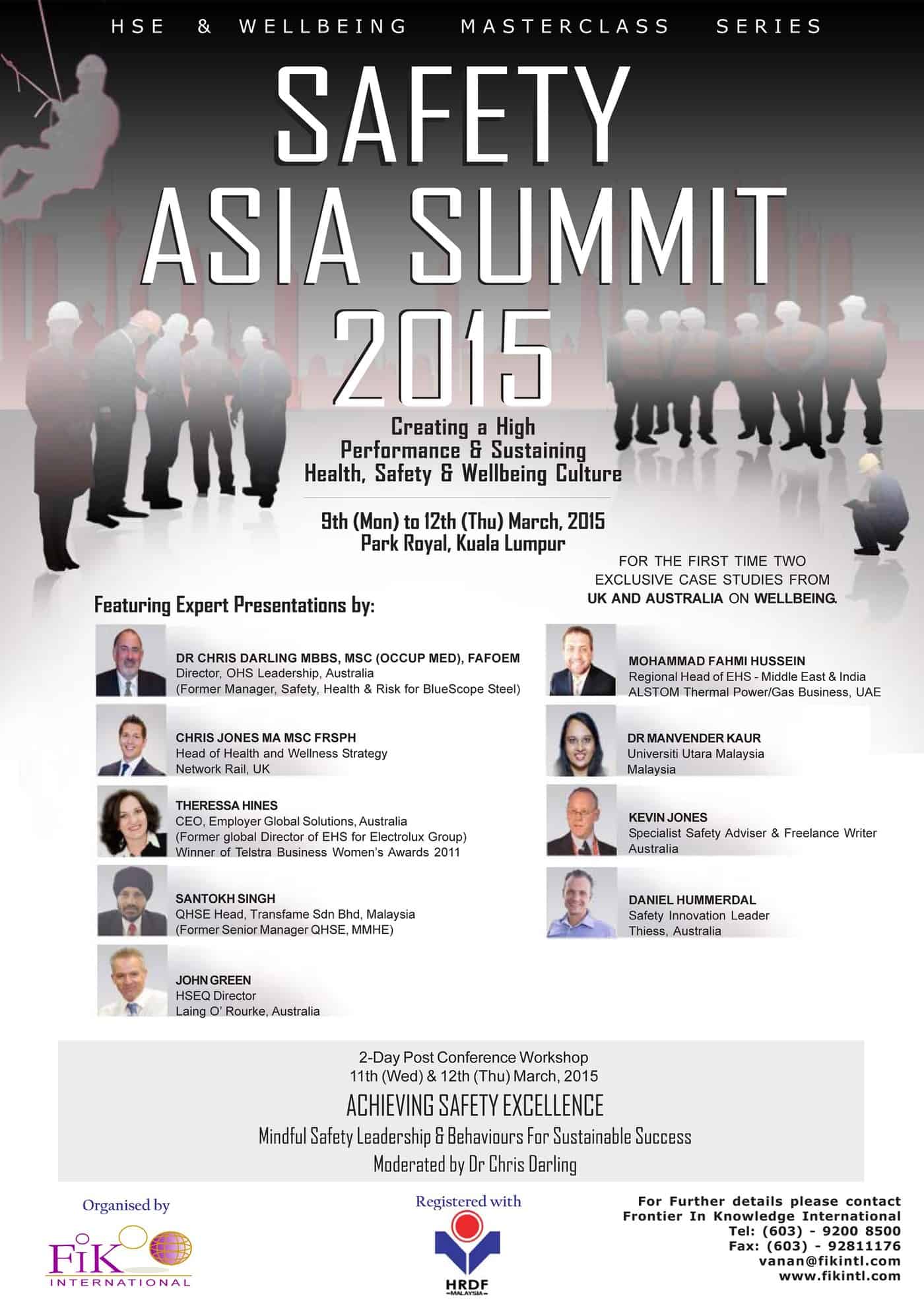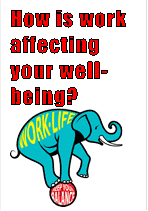One of the professional disciplines that has had the biggest impact on occupational health and safety (OHS) management in Australia has been sociology but that influence seems to be waning as it fails to compete with the managerial imperative of short-termism and the quick fix.
This demand for a quick fix is partly a result of the increased sensitivity to reputational damage of both the organisation and the executive. This can be seen by the increasing attention to apparent solutions to safety problems of the individual worker, for instance, resilience training which is primarily about the individual toughening up. Neuroplasticity has entered OHS by saying that the individual can reconfigure their brain to, somehow, work more safely. Of course, the ultimate short-term solution to most workplace problems has existed for years – sack the worker.
All of this denies the organisational influence on workers, managers and executives because organisational change is hard and it takes time, both are challenges that do not fit with modern expectations of business.
One of the clearest examples of the inability or unwillingness of executives to improve OHS through organisational change is the management of


 A research team from the
A research team from the